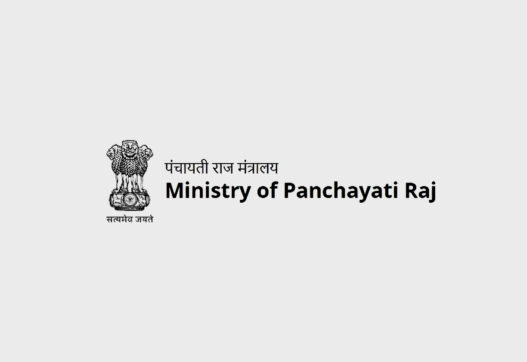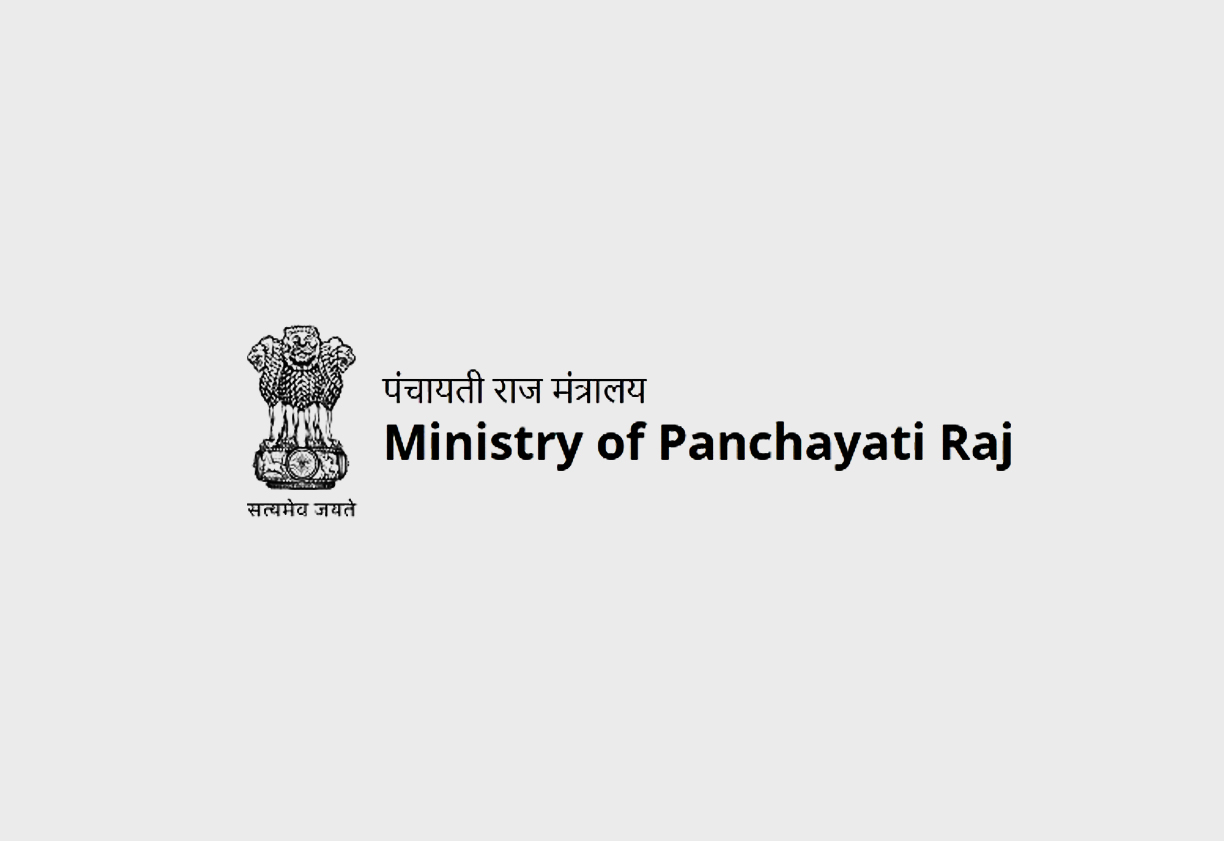Ministry of Panchayati Raj
The Provisions of the Panchayats (Extension to the Scheduled Areas) Act, 1996, commonly known as the PESA Act, was enacted to extend the provisions of Part IX of the Constitution relating to Panchayats to the Scheduled Areas of India. This act aims to empower local self-governance in these areas, recognizing the unique social, cultural, and traditional practices of tribal communities. While the Act does not specify a particular ministry, it primarily falls under the purview of the Ministry of Panchayati Raj in India, with coordination from the Ministry of Tribal Affairs.
Enactment Date, Number of Chapters, Number of Sections:
The PESA Act, 1996, was enacted on December 24, 1996. The Act is structured into 5 sections, without specific chapters. These sections outline the extension of Part IX of the Constitution to Scheduled Areas and specify exceptions and modifications to the provisions.
Act Governed By:
The Act is primarily governed by the provisions outlined within its sections. It extends the Panchayati Raj system to Scheduled Areas, while ensuring that the local traditions, customs, and rights of tribal communities are respected. It also outlines the powers and responsibilities of the Gram Sabha and Panchayats in these areas.
On Whom It Is Applicable:
The PESA Act, 1996, is applicable to the Scheduled Areas as defined in clause (1) of Article 244 of the Constitution. These areas are predominantly inhabited by tribal communities and are listed in the Fifth Schedule of the Constitution. The Act applies to the Gram Sabhas, Panchayats, State Legislatures, and State Governments in these areas.
Penalties/Punishments:
The Act does not specify penalties or punishments for non-compliance. However, it emphasizes the importance of adhering to the principles of local self-governance and respect for tribal traditions. Any action inconsistent with these principles may be challenged through appropriate legal and administrative channels.
Important Pointers:
-
The Act extends the provisions of Part IX of the Constitution to Scheduled Areas with certain modifications.
-
It recognizes the importance of customary law, social and religious practices, and traditional management of community resources.
-
The Act mandates the establishment of a Gram Sabha in every village.
-
Gram Sabhas are empowered to safeguard and preserve their traditions, cultural identity, and community resources.
-
The Act gives the Gram Sabha the authority to approve development plans and identify beneficiaries for poverty alleviation programs.
-
It makes the recommendations of the Gram Sabha mandatory for the grant of mining leases for minor minerals.
-
The Act empowers the Gram Sabha to control money lending, manage village markets, and own minor forest produce.
-
It ensures that Panchayats at higher levels do not assume powers of lower-level Panchayats or Gram Sabhas.
-
The Act emphasizes the role of the State Legislature in designing administrative arrangements in Panchayats at district levels.
-
It provides a framework for local self-governance that respects the unique traditions of tribal communities.
Act Copy:




